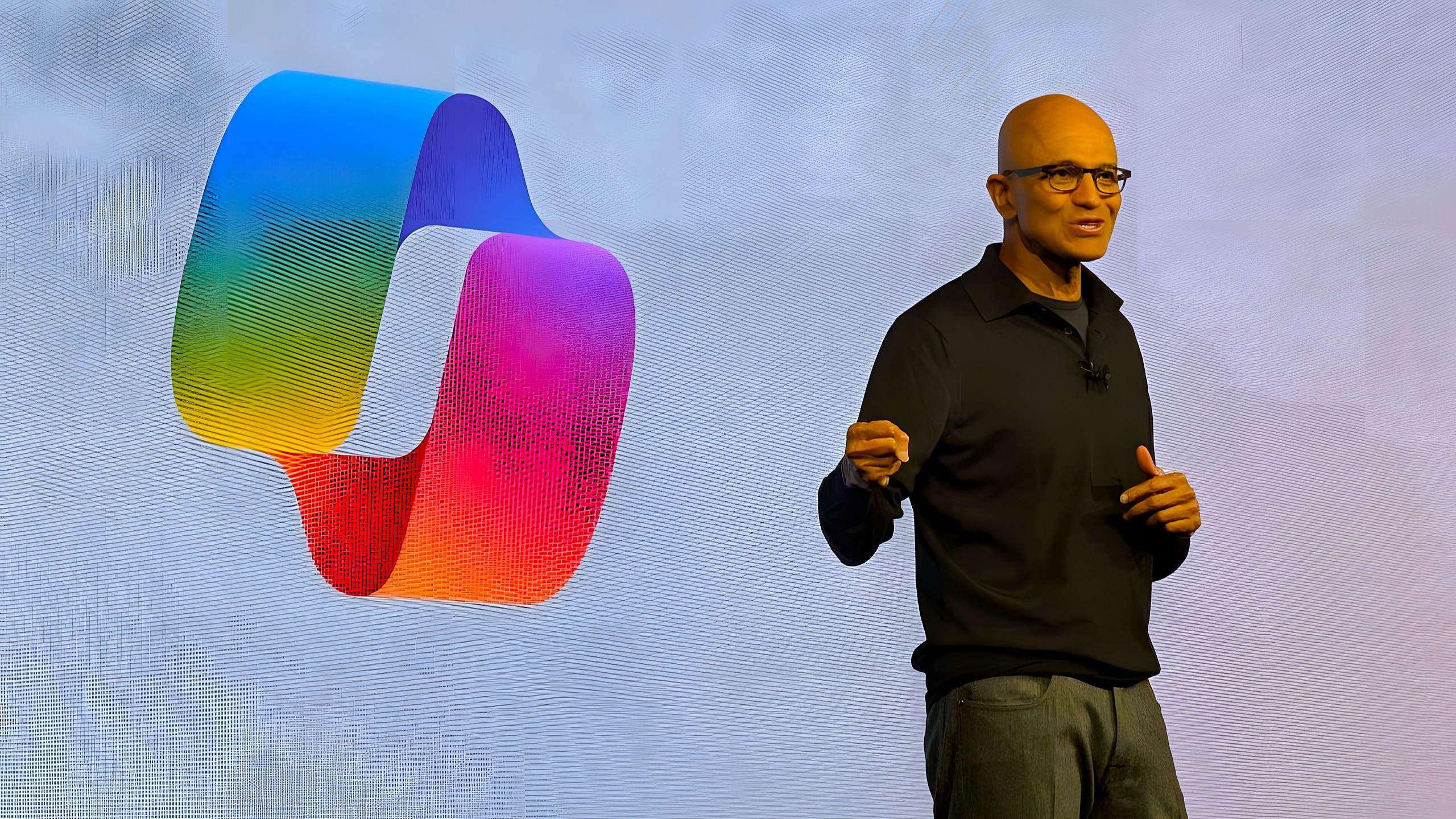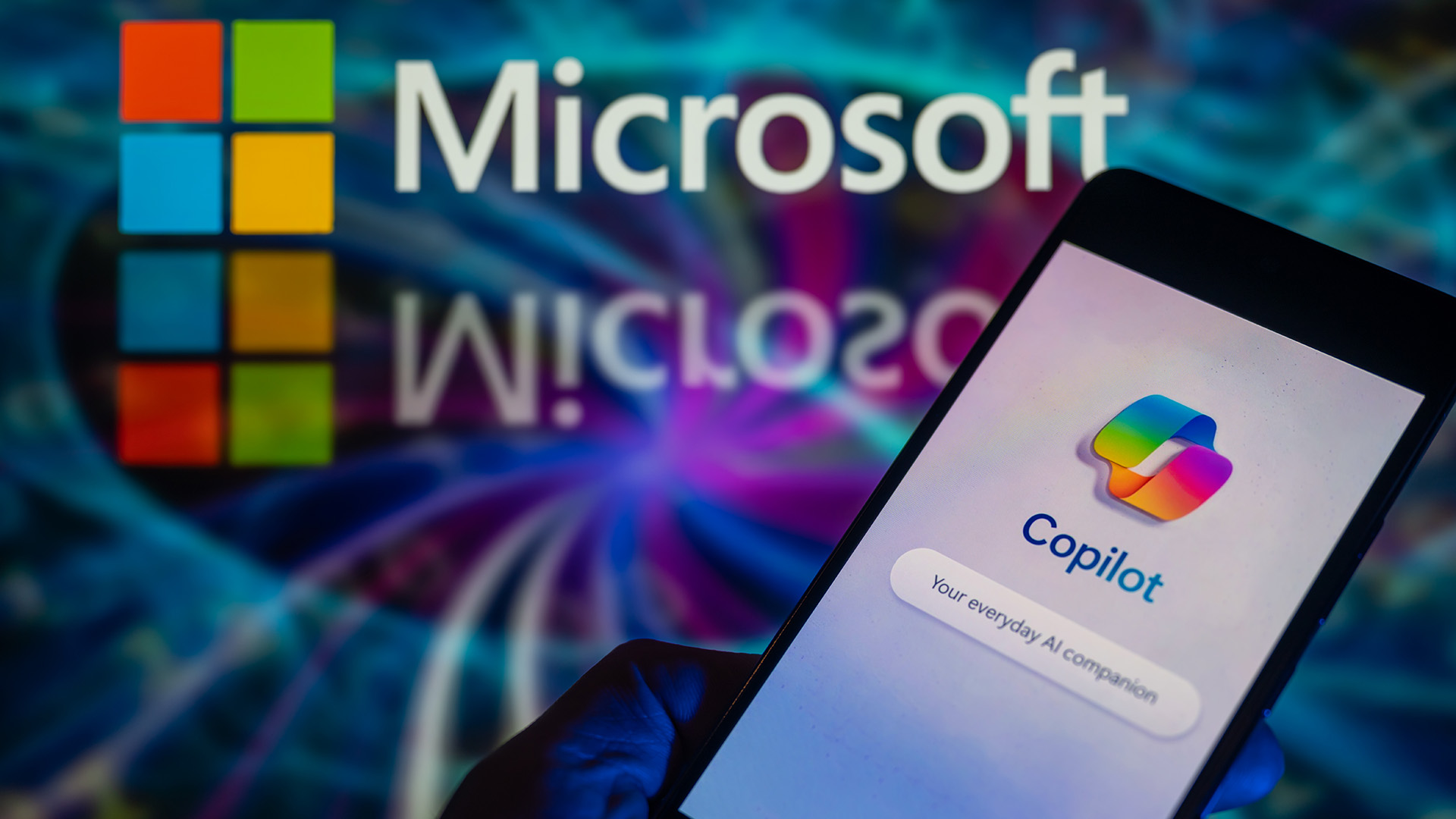
What you need to know
- Every year, Microsoft CEO Satya Nadella pens a letter to shareholders, giving an overview of the company's future-facing opportunities as they enter a new fiscal year.
- This year, AI dominated Nadella's discussions heavily, with some footnotes for Xbox gaming, LinkedIn, and other growth areas.
- Notably, Satya Nadella only mentioned Windows once in the piece (in the context of its struggling Copilot+ PCs), and mentioned Surface not once — a sign of the times.
- Additionally, Nadella's compensation package hit an astronomical $79.1 million dollars, with the vast majority being delivered in Microsoft stock.
It's 2024, so we're talking about AI. You're talking about AI, you're reading about AI, and every tech CEO in the world is yelling about AI. That includes Microsoft CEO Satya Nadella.
In Nadella's annual address to shareholders (via LinkedIn and Tom Warren), the leader of one of the world's most valuable trillion-dollar companies had a ton to say about AI, mentioning the phrase 152 times in his yearly letter. Microsoft's Copilot platform recently had a bit of a relaunch, although it remains far less popular than OpenAI's ChatGPT with consumers, and will arguably continue to lag behind the competition as Microsoft's relationship with OpenAI (which provides the models that powers Copilot) continues to fray. One area where Microsoft has been performing far better is business-grade AI, with Azure, Github, Visual Studio, Microsoft 365, and other tools gaining ever-increasingly deep integrations there.
"Microsoft has built three leading platforms to help our customers maximize their opportunity in this emerging agentic era," Nadella said. "Copilot, which you can think of as the new UI for AI—the human interface for this agentic world; the Copilot stack, which brings together infrastructure, data, and app services to help customers build their own copilots and agents for their own business processes; and a new category of Copilot devices that are purpose-built for this new era, including the Copilot+ PCs we introduced this year."
Notably, "Copilot+ PC" is only mentioned twice throughout the piece, which roughly reflects roughly how much consumers actually seem to care about them. Microsoft's massive Windows Recall snafu over the summer has driven consumer skepticism over AI privacy, leading Microsoft to take Copilot+ PC's headline feature back to the drawing board.
RELATED: Why Microsoft won't be the company to mainstream consumer AI
While most might not actually know what a Copilot+ PC is, Microsoft already had a simple brand people were familiar with, in Surface, although it was sadly mentioned zero times throughout the piece. Windows itself was only mentioned twice, and only in the context of Copilot+ PCs, which could be seen as evidence of how little of Microsoft's focus falls on its legacy products these days. I mean, it could be seen as evidence if you were cynical, that is. (I'm cynical.)
🎃The best early Black Friday deals🦃
- 📺LG Curved OLED Monitor (32-inches) | $839.99 at Amazon (Save $660!)
- 🎮Amazon Fire TV Xbox Game Pass bundle | $74.99 at Amazon (Save $62!)
- 💻Alienware m16 R2 (RTX 4060) | $1,399.99 at Dell (Save $300!)
- 🔊2.1ch Soundbar for TVs & Monitors | $44.99 at Walmart (Save $55!)
- 💻HP OMEN Transcend 14 (RTX 4050) | $1,099.99 at HP (Save $500!)
- 🎧Sennheiser Momentum 4 ANC | $274.95 at Amazon (Save $125!)
- 📺LG C4 OLED 4K TV (42-inches) | $999.99 at Best Buy (Save $400!)
At the very least, Microsoft sees some opportunity with gaming, right? Thankfully, Xbox did get some notes, with Nadella spotlighting the fact that the company now has over 20 franchises that have hit over $1 billion in lifetime revenues. The only time Satya Nadella actually mentioned Xbox was in the context of Xbox Cloud Gaming, however, which the firm hopes to open up to buy-to-own games beyond its Xbox Game Pass subscription on Android as soon as next month. How it hopes to circumvent Google's rules remains to be seen, but at the very least it should also be available on the web.
Much to the chagrin of current Xbox customers, Satya Nadella spotlighted the fact that it has started bringing Xbox titles over to Nintendo Switch and PlayStation, "as we continue to extend our content to new platforms," he says. Satya Nadella has made no secret of the fact he dislikes Xbox having exclusive games, so it seems that the multi-platform strategy "Project Latitude" will continue — even if it kills Xbox's hardware ecosystem in the process.
Satya Nadella also spotlighted various other areas of growth, including Bing search and Microsoft Edge, both of which he claims saw increased share this year. He also hailed LinkedIn, Microsoft 365, and Microsoft Teams, and the growing Azure data center footprint.
Nadella also discussed building "trust" in the company, which is an interesting note. This year, Microsoft had one of its worst security breaches in history. Hostile state actors in Putin's Russia accessed confidential emails of United States officials via Microsoft's network. The whole event was hugely embarassing for the firm, and Microsoft has ramped up security measures massively since then in a bid to reassure customers. Nadella also claims Microsoft is deploying "responsible AI practices" following its Windows Recall privacy scandal. That is, of course, as it "responsibly" scrapes websites like ours and steals content en masse to sell and power its services, without sending a scrap of compensation to the creators it steals from. Ahem. (There's that cynicism again.)
Satya Nadella also shared some footnotes about its climatological sustainability "efforts," admitting that it is missing some of the targets it set for itself to hit. Those targets are quite conveniently, in 2030 — luckily for shareholders, far after they might actually be needed to make some kind of impact. Indeed, its AI push gobbles up astronomical amounts of energy and water to the point Microsoft is considering going nuclear (literally) to keep up with demand.
Oh, and speaking of astronomical ...
Post by @stephentotiloView on Threads
Last year, we wrote about how Satya Nadella's compensation packet actually took a hit down to "only" $48.5 million, but it turns out that driving Microsoft's stock price to new highs comes with awards attached. This year, Satya Nadella's compensation package (largely in stock) will clock in at an eyewatering $78.1 million (via Stephen Totilo).
Given the demand for AI globally, it's hardly unsurprising to see Satya Nadella's compensation grow in line with how the hype has driven Microsoft's share price. For a few weeks, Microsoft became the world's most valuable company off the back of the AI hype train, until investors realized that the investments would be perhaps better placed with NVIDIA, given that their silicon is what is going to power the whole thing.
Be prepared for a whole load more "AI" going forward. "Metaverse" was mentioned zero times in Satya Nadella's letter, by the way.
AI, AI, and more AI

Despite Nadella's penchant for taking an axe to basically every consumer product Microsoft has developed over the years, you can't deny the success he has driven for Microsoft shareholders, and that is ultimately (and sadly) the name of the job.
Microsoft's Xbox strategy might be a path to killing off Xbox hardware much like Nadella killed off Windows Phone (and will likely kill off Surface in a couple of years), but the early partnership with OpenAI has kept it at pace with competitors that are increasingly exploring how to commercialize large language models at scale. As of today, these services lose absurd amounts of money owing to the vast data center processing power required to run them — but it's all about an investment for the future.
Having the right pieces in play when these services become compelling enough to commercialize at scale will be crucial, and Microsoft's very tight, legally-binding "partnership" with OpenAI will likely be remembered as one of Satya Nadella's most savvy business moves. Azure remains arguably the best global cloud solution this side of Amazon Web Services, although Microsoft is encroaching on Amazon's dominance in the space every single quarter according to most analyses. And you can't really run AI without a cloud to power it, at least not today. I'm sure we'll all become Matrix-styled human batteries soon enough, though.
Where that leaves Xbox, Surface, and maybe even Windows itself remains to be seen. Perhaps AI will render everything pointless as we approach the singularity, with brain implants feeding us Xbox Cloud Games directly into our frontal cortex, complete with Bing ads read in Cortana's voice on the side. Or, well, maybe not.







